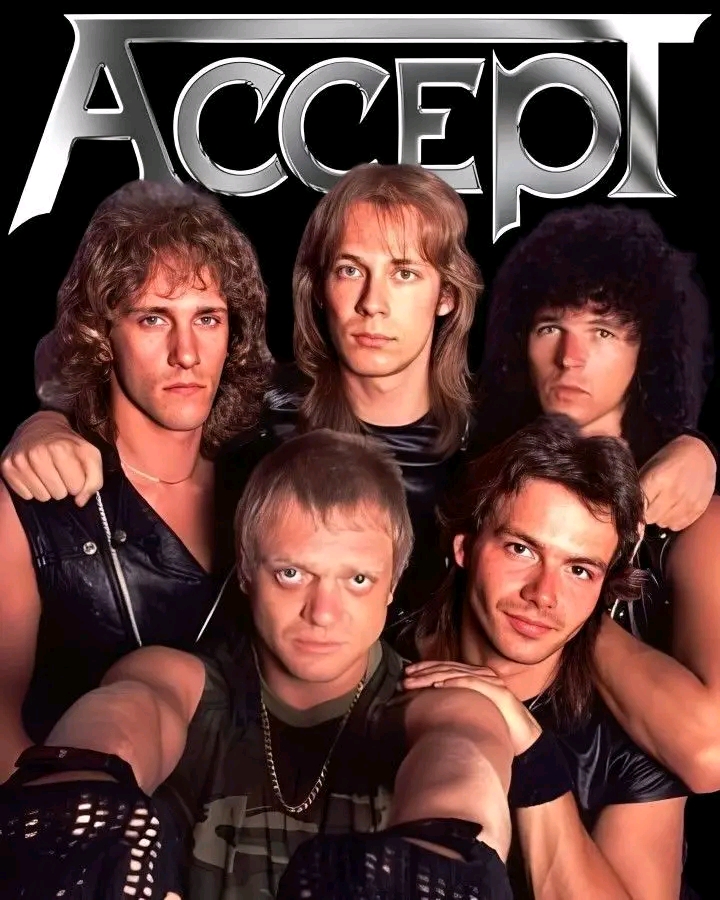
Music has always been an essential part of society, shaping generations and influencing cultural trends. However, the stark contrast between the powerful, electrifying metal of the 1980s and today’s rap-dominated scene highlights a significant decline in both musical quality and societal values. The golden era of metal, filled with legendary bands like Metallica, Iron Maiden, Judas Priest, and Megadeth, stood for creativity, musicianship, and rebellion with a purpose. In contrast, much of today’s rap music glorifies violence, drugs, and a reckless lifestyle, leading to a troubling impact on modern youth.
### The Golden Age of Metal: A Time of True Musical Mastery
The 1980s saw an explosion of talent in the rock and metal genres. Bands worked tirelessly to perfect their craft, mastering their instruments and pushing the boundaries of what music could achieve. Guitar solos were fast, intricate, and awe-inspiring, with drummers delivering complex rhythms that demanded skill and endurance. Metal music wasn’t just about sound; it was an art form that required dedication and expertise.
Lyrically, metal songs often touched on themes of perseverance, rebellion against oppressive systems, and personal struggles. While the genre was rebellious, it was rarely nihilistic. Metal fans found solace in the music’s energy, using it as a source of motivation and emotional release. Whether it was the power anthems of bands like Twisted Sister or the thought-provoking lyrics of Queensrÿche, 80s metal provided an outlet for frustration while also encouraging resilience and self-expression.
### The Rise of Rap: A Culture Shift Towards Destruction
While rap music emerged as an important voice for urban communities, providing an outlet for social commentary, today’s mainstream rap has shifted far from its original purpose. Instead of storytelling and artistic expression, much of modern rap glorifies materialism, gang culture, and destructive behavior. Songs frequently celebrate violence, drug abuse, and the objectification of women, promoting a lifestyle that normalizes reckless decision-making and crime.
Unlike the musicians of the 80s, who spent years refining their skills on instruments, many modern rap artists rely on computer-generated beats and auto-tuned vocals. This shift has significantly lowered the barrier for entry, allowing anyone with a microphone and basic software to produce music. While this democratization of music may seem like progress, it has led to a decline in artistic quality and meaningful content.
### The Impact on Today’s Youth: A Disturbing Trend
Music has always influenced young minds, shaping their values and worldviews. Unfortunately, the messages prevalent in today’s rap have contributed to rising aggression, crime, and an obsession with material wealth over meaningful achievement. Many young people now see success not as the result of hard work and dedication but as something that can be gained through violence or flaunting superficial status symbols.
In the 80s, metal fans expressed their rebellion through music, fashion, and attitude, but it rarely resulted in destructive behavior. The mosh pits and headbanging were all part of the experience, but they were largely contained within concerts and fan gatherings. Today, with the prevalence of rap lyrics promoting gun violence and retaliation, many young listeners internalize these messages, leading to real-world consequences.
### Why 80s Metal Will Always Be Superior
Beyond its technical mastery, 80s metal was about passion, skill, and unity. It brought people together through shared experiences, whether at concerts, record stores, or through the deep appreciation of the music itself. It was music that required effort and dedication to play, inspiring countless young musicians to pick up guitars and drumsticks rather than weapons.
While every generation has its preferred style of music, it’s undeniable that metal’s golden era promoted values that built strong, resilient individuals. Today’s youth would benefit from revisiting the music of the 80s, embracing the creativity and positive rebellion that defined the era instead of succumbing to the harmful influences of much of modern rap culture.
Music should uplift, inspire, and challenge individuals to think critically. It should not be a tool for glorifying destructive lifestyles. If we want to see a positive shift in today’s youth, perhaps it’s time to reintroduce them to the real music—guitar solos, raw energy, and the unbreakable spirit of 80s metal.
